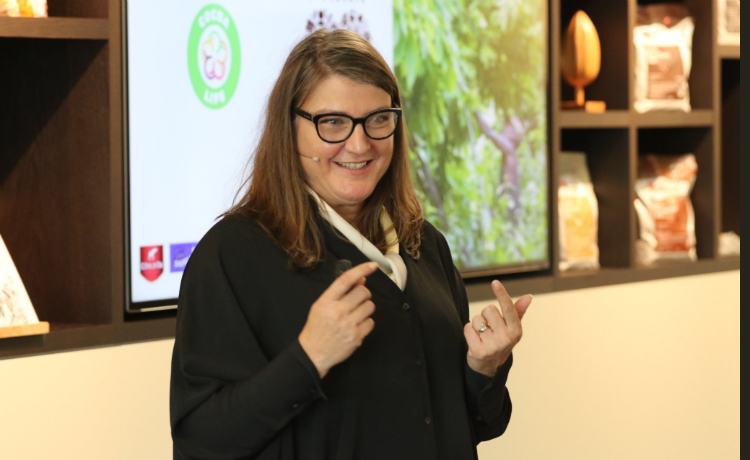In a call to analysts and media on Tuesday (28 July), the company raised its quarterly dividend by 11% after a strong demand for its snacks and chocolates in North America due to consumers ‘pantry-stocking’ at home as a result of COVID-19 restrictions.
“We are seeing consumers turning to brands and products they trust. We have many of these trusted brands around the world. Within our category, there is also a shift to segments that are better fit for at-home consumption. So we are stronger in these segments like tablets versus pralines or bars in chocolate. And our supply chain has kept functioning quite well throughout a shortage of labor or lockdowns providing us with a competitive advantage,” Dirk Van de Put, chairman and chief executive officer, told analysts in an earnings call.
With approximately two-thirds of Mondelēz revenue generated from outside of North America, growth markets in Brazil, India and Southeast Asia were affected by the pandemic during the second quarter as severe lockdowns closed traditional outlets.
2020 Outlook
As previously disclosed, due to the COVID-19 pandemic, the company is not providing a full-year financial outlook, but said its strategy and long-term algorithm remain unchanged.
Mondelēz estimates currency translation would decrease 2020 net revenue growth by approximately 3% and adjusted EPS by 5 cents.
Van de Put said: "We remain focused on the safety and wellbeing of our colleagues and communities at this time, while continuing to serve our customers in the exceptional circumstances caused by COVID-19.
“I am proud of how our teams have demonstrated their commitment to our customers and consumers by safely and efficiently maintaining business continuity. I am pleased with our second quarter performance given the challenging environment, with top-line performance driven by Developed Markets and strong share gains in all key markets.”
Excluding certain items, Mondelēz earned 63 cents per share in the quarter ended June 30, above analysts’ estimate of 56 cents. Shares of the company were flat in extended trading, Reuters reported.
Van de Put said revenue growth of 0.7% in Q2 and 3.7% for the first half of the year was “pretty good given that during the quarter, at one stage or another, every country and many trade channels were in lockdown”.
Right categories
He said looking at the second half of the year, he expects to see volatility continuing, but the company is well positioned as overall snacking tends to be a very resilient category, even in times of recession, meaning it is generally in the right categories.
“Our brands are some of the most preferred brands in our categories, both local and global. Our geographical footprint is diversified, meaning that while COVID might impact one location, others might be doing better. And finally, our people are responding very well with agility and resilience, and our local-first culture is an advantage in this environment where decision-making needs to be fast and made with the local consumers in mind,” he told analysts.
He said he was confident the company’s strategy, investments, category fundamentals and execution will enable it to successfully navigate the crisis and emerge stronger.
Snapshot: second quarter 2020 results
- Net revenues decreased 2.5% primarily driven by unfavorable currency impacts, with Organic Net Revenue1 growth of 0.7% and incremental net revenues from acquisitions
- Diluted EPS was $0.38, down 30.9% primarily as a result of costs associated with the JDE Peet's initial public offering; Adjusted EPS1 was $0.63, up 16.1% on a constant-currency basis
- Year-to-date cash provided by operating activities was $1.6 billion, up $0.5 billion versus prior year; Free Cash Flow1 was $1.1 billion, an increase of $0.5 billion versus prior year
- Returned $410 million of capital to shareholders in the quarter through dividends
- Announcing 11% increase to quarterly dividend



